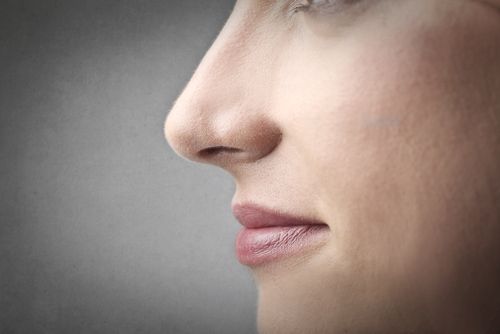The human nose can detect more than 1 trillion smells

The Human Nose: A Sensory Marvel Capable of Detecting Over 1 Trillion Smells

The human nose is a remarkable sensory organ that allows us to perceive and distinguish a myriad of scents. While it’s common knowledge that our sense of smell is quite powerful, you may be surprised to learn just how extraordinary it truly is. Recent scientific studies have revealed that the human nose can detect more than 1 trillion different smells1^.
Traditionally, it was believed that humans could only identify around 10,000 different odors. However, a groundbreaking experiment conducted by researchers at the Rockefeller University in New York has challenged this assumption. In their study published in Science, the scientists explored the incredible olfactory abilities of the human nose1^.
To determine the extent of our olfactory range, the researchers developed a comprehensive method called “osmic landscapes.” They created a diverse range of synthetic odor mixtures by combining different chemical components. These mixtures were then presented to participants who had to identify the individual odors within each blend. By varying the mixtures, the scientists estimated the number of distinguishable smells that humans can perceive1^.
The results were astounding. The participants proved to be extremely proficient at identifying and differentiating between odors, even at extremely low concentrations. The experiment showed that the perceived smell of different molecular components adds up arithmetically, allowing for an extensive palette of distinguishable odors. The researchers estimated that the human olfactory system is capable of discerning over 1 trillion different smells1^.

This groundbreaking research has far-reaching implications. Understanding the intricacies of human olfaction can have a significant impact on various fields, including food and beverage industries, perfumery, and medicine. For instance, perfume manufacturers can develop an even wider array of scents to cater to individual preferences. Similarly, food scientists can utilize this knowledge to enhance the taste and aroma of their products, providing a more gratifying experience for consumers1^.
Moreover, this study opens up new avenues for medical research and diagnoses. Certain diseases and disorders are accompanied by distinct changes in body odor, which could potentially be detected by a highly sensitive olfactory system. Consequently, identifying specific scent profiles associated with different illnesses can aid in earlier detection and better treatment outcomes1^.
In conclusion, the human nose is a sensory marvel capable of detecting over 1 trillion smells. This incredible ability, as demonstrated by the scientific study conducted at the Rockefeller University, showcases the complexity and sophistication of our olfactory system. By unraveling the mysteries of our sense of smell, scientists are unlocking a world of possibilities, from developing new fragrances and flavors, to improved medical diagnoses and treatments1^.
Share
Related Posts
Quick Links
Legal Stuff

